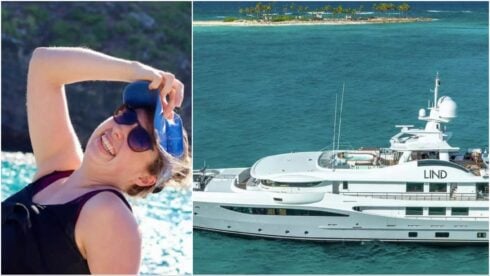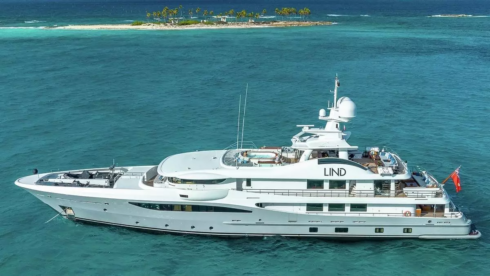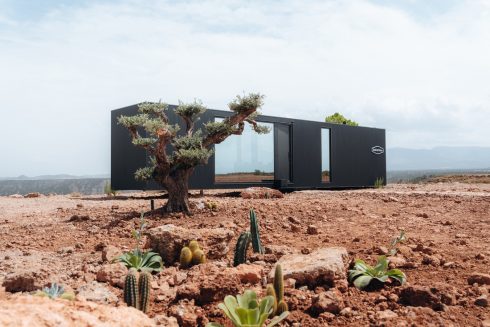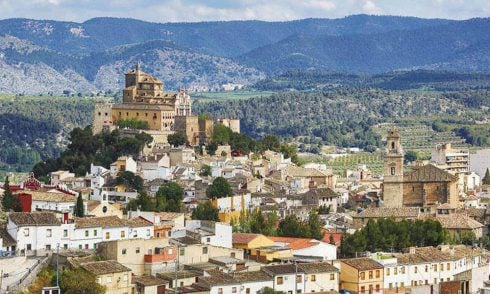TWO men from the USA fell to their death whilst rock climbing without a rope in Cala Mitjana and Cala Sa Nau coves in Portocolom.
Mark Anthony Bacolod Stiles, 35, and Brandon Scott Burns, 25, both of Baltimore, Maryland, were pronounced dead at the scene after medics performed CPR on the pair but were unable to save them.
The men’s bodies were taken to Portocolom Port.
Post-mortems are due to take place to determine if the victims died from drowning or head injuries linked to a rock fall.
The alarm was raised by witnesses and Guardia Civil and coastguards were sent from Santanyi.
One of the bodies was found in a nearby cave and the other body was recovered from the sea by coastguards.
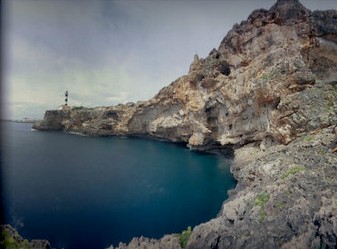
Miguel Chicon, the head of the Balearic Maritime Rescue Centre in Palma, said a witness reported two men in difficulties in the water (around 1pm on Tuesday) and a rescue boat and helicopter were immediately dispatched.
“In the end a privately-owned vessel that was in the area recovered the body of one of the men because the water was too shallow for our vessel to get near and took it back to Portocolom Port,” said Chicon.
“The body of the other man was recovered in a joint operation between that same privately-owned vessel and the rescue boat.”
Witnesses initially told emergency responders four men had been climbing the cliff and rescuers began looking for an injured third and a fourth missing person, although it was discovered that only two had fallen.
It’s believed the pair had been practicing psicobloc, a form of rock climbing that relies solely on the presence of water at the base of a climb to protect against injury from falls from the high and difficult cliff face.
It is typically practiced on sea cliffs at high tide but can also be done on climbs above reservoirs, rivers and even swimming pools.
Often a dinghy or other small boat is kept nearby to pick up a fallen climber, as a fall could cause them to be knocked unconscious on impact with the water and drown.
The practice of ‘deep-water soloing’ as it is also known, began in Mallorca in the late 1970s.
In 1978, Miquel Riera became frustrated with the aided climbing routes in his local area, so he went to Porto Pi, Palma with his friends Jaume Payeras, Eduardo Moreno and Pau Bover in order to find routes that they could free climb.
This became Mallorca’s first bouldering venue and in time progressed to the short sea cliffs near there.
It was named ‘Psicobloc’, which translated into English literally means ‘Psycho Bouldering’.
READ ALSO:
- Tourist fights for life after falling while taking a selfie from popular viewpoint in Benidorm on Spain’s Costa Blanca
- ‘Miracle’ tot survives fall from fourth floor window in Spain’s Mallorca
Click here to read more Mallorca News from The Olive Press.


